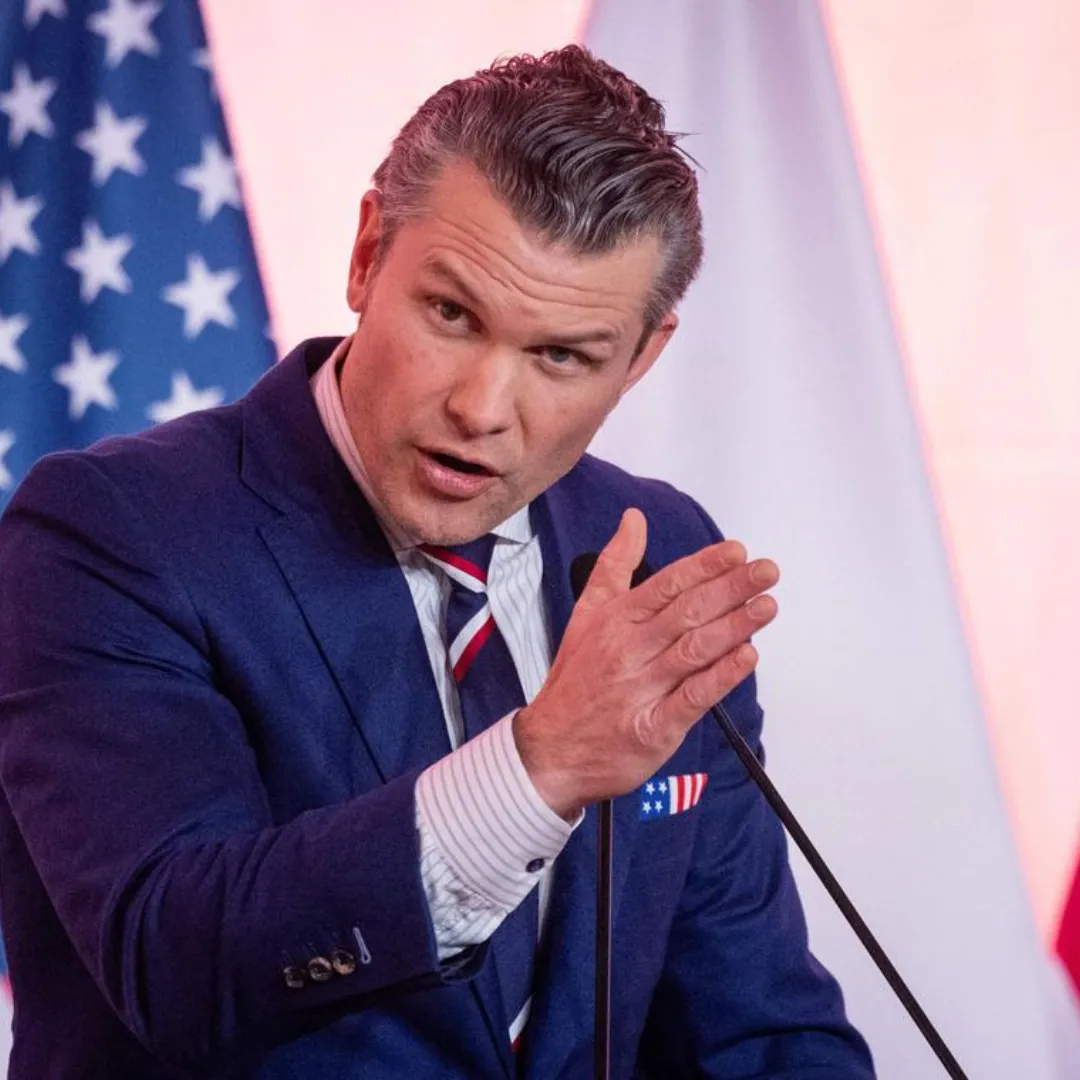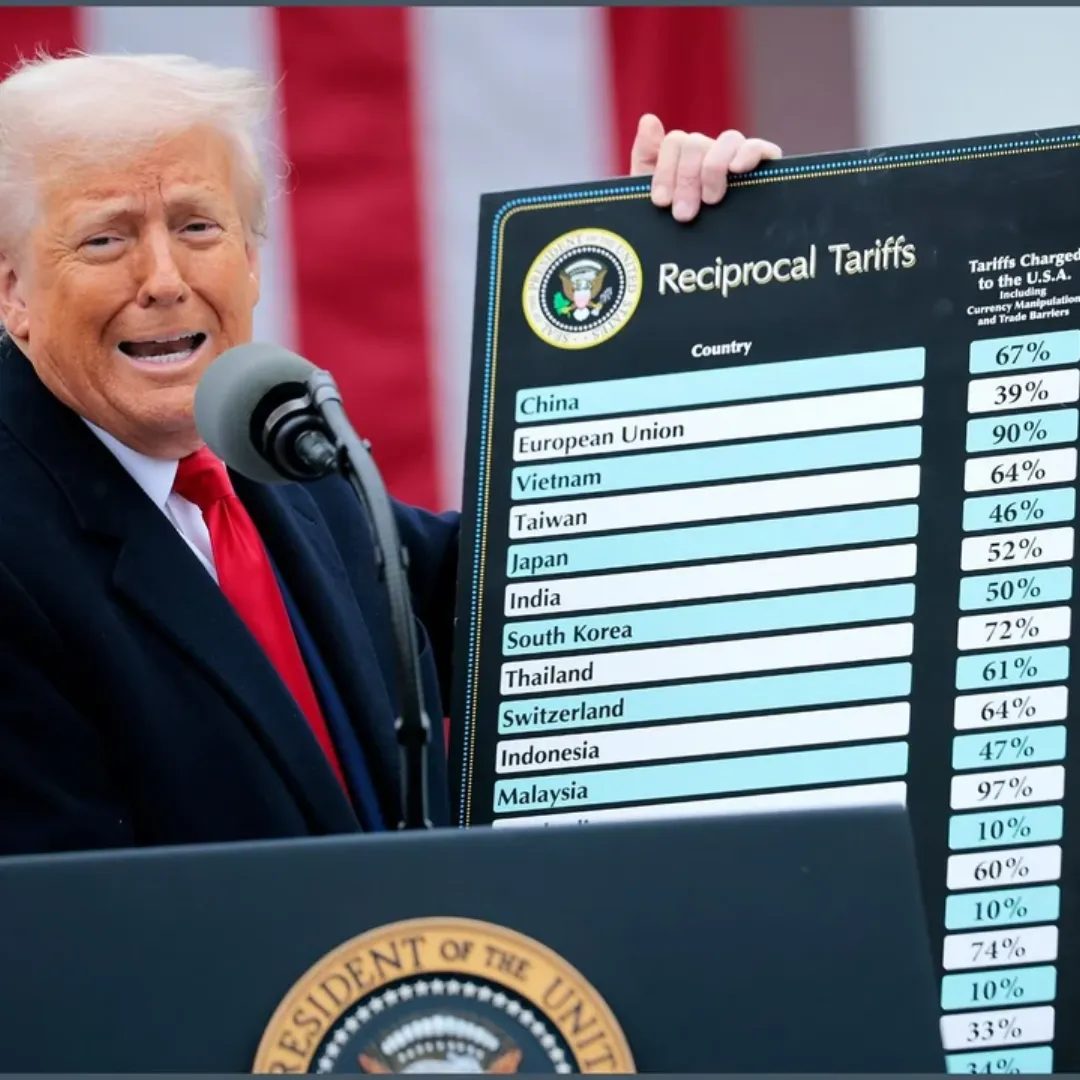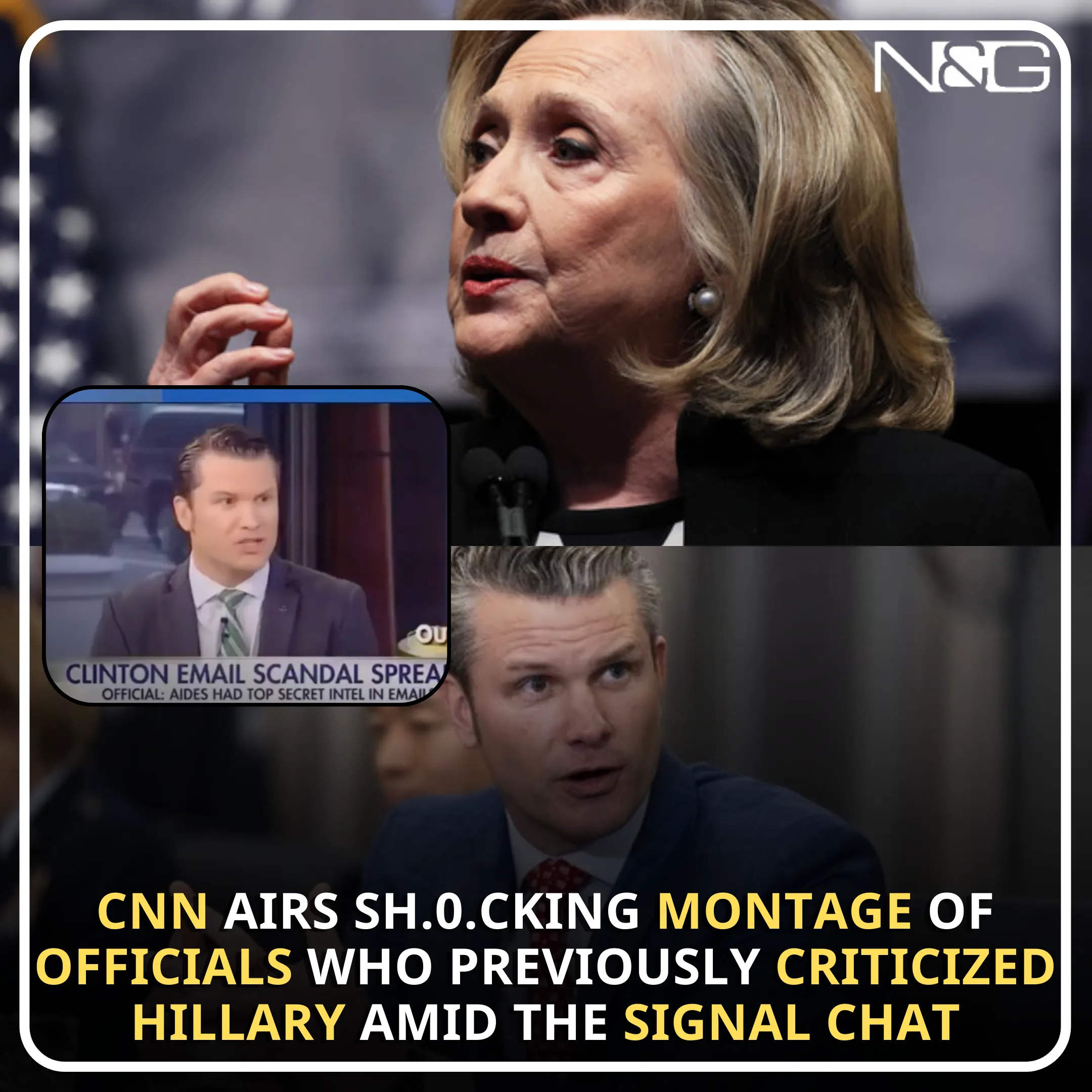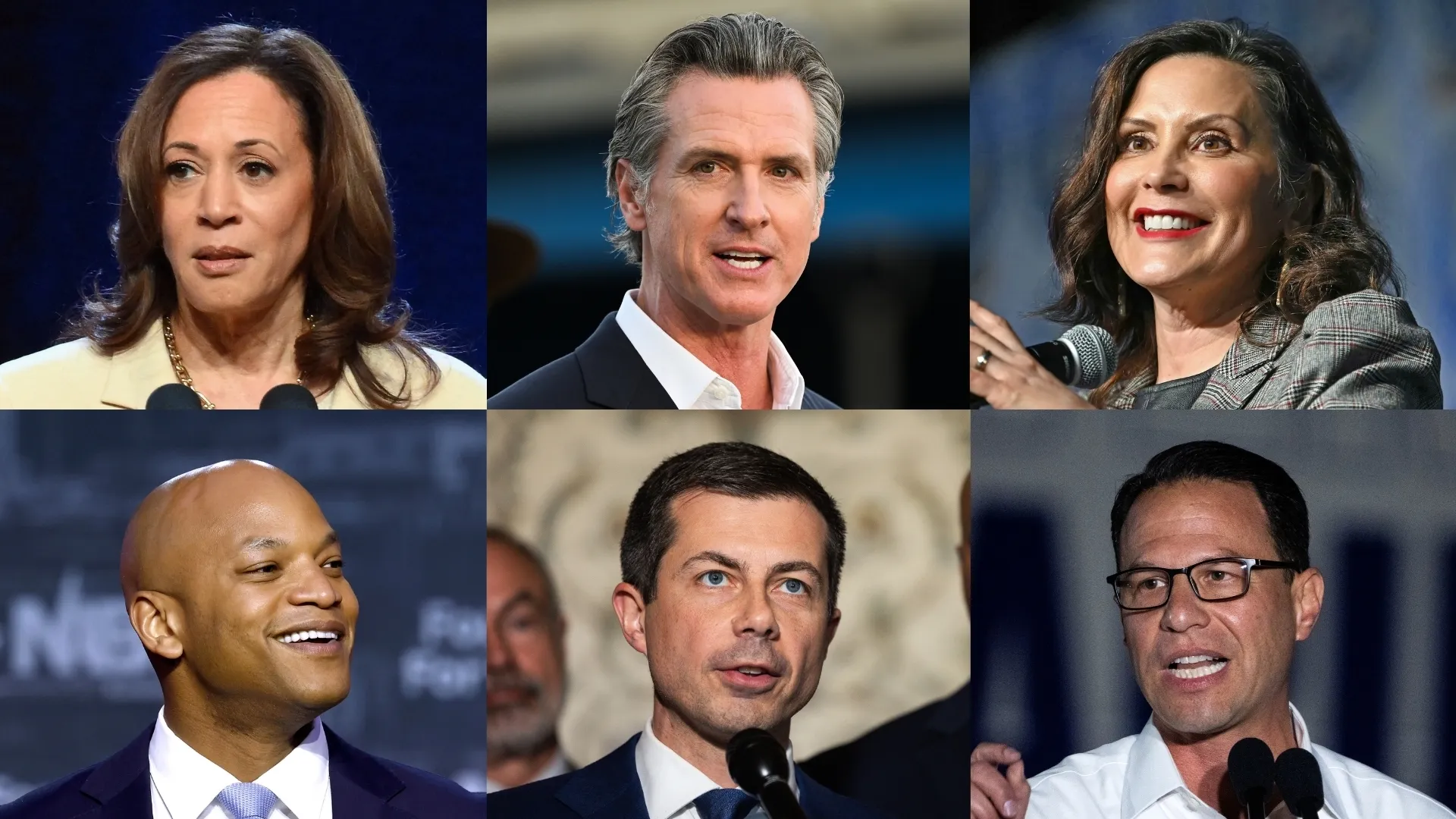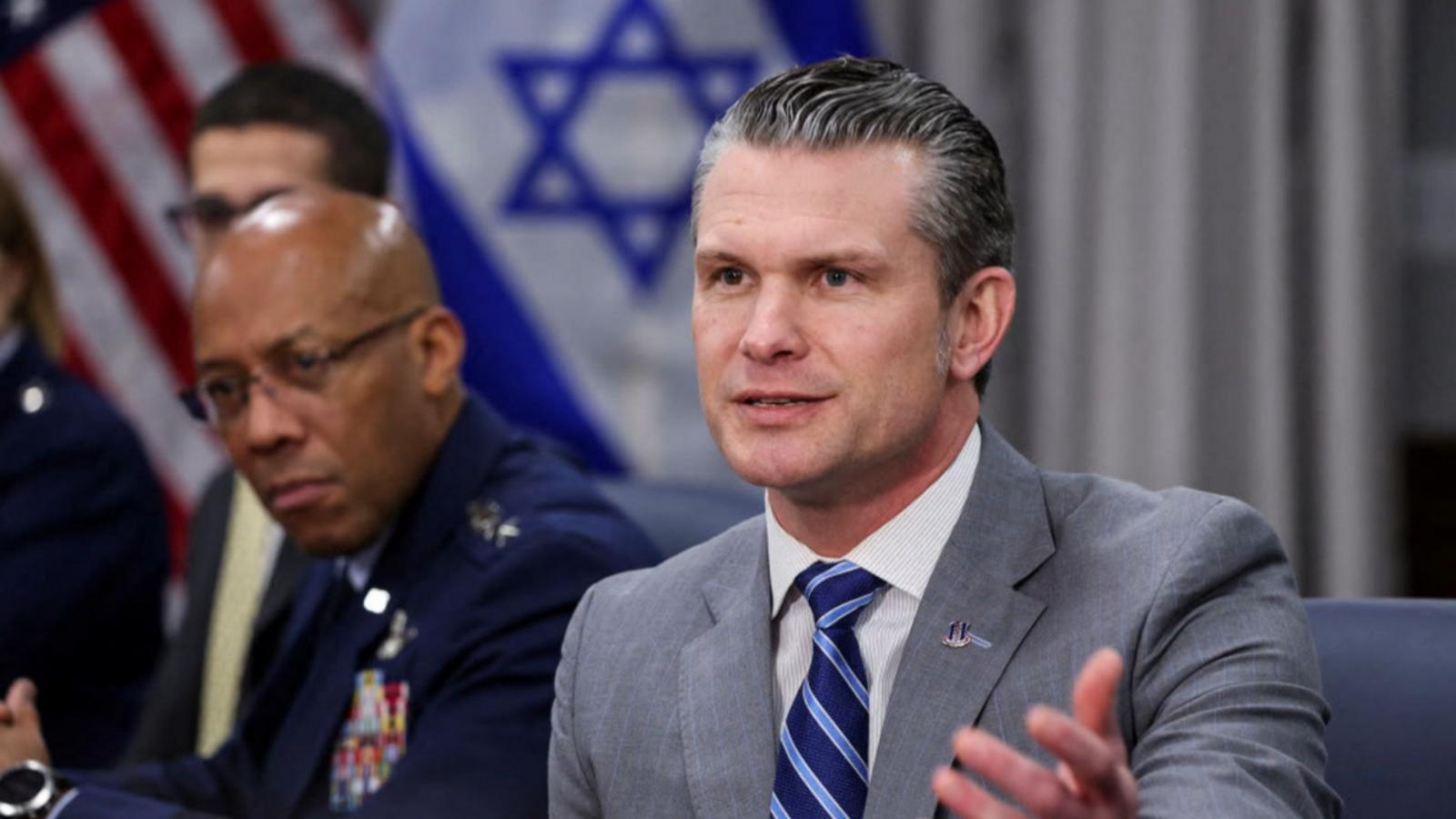
Two top House Democrats are demanding explanations from the secretaries of the Army, Navy, and Air Force after reports revealed that hundreds of books — many dealing with gender identity and racial equity — have been removed from military academy libraries.
Representative Adam Smith of Washington, the ranking Democrat on the House Armed Services Committee, and Representative Chrissy Houlahan of Pennsylvania, ranking member of the Military Personnel Subcommittee, sent official letters to the service branches on Monday.
They are seeking answers about who ordered the removals, what books were targeted, and why these decisions were made.
The push for answers follows the U.S. Naval Academy’s announcement that it removed 400 books from its Nimitz Library. The academy claimed the removals were in line with “all directives outlined in Executive Orders issued by the President,” though it did not specify which executive orders or what content was deemed unacceptable.
In their letters, Smith and Houlahan expressed serious concern over what they described as censorship rooted in political ideology. They called the actions “a blatant attack on the First Amendment” and “a clear effort to suppress academic freedom and rigor.”
The lawmakers added that the alleged book ban represents “an alarming return to McCarthy-era censorship,” referencing the notorious period in U.S. history when government-led anti-communist crackdowns led to blacklisting, loyalty oaths, and cultural suppression — including in academia.
They are now calling on the military’s top education leaders to clarify whether there were formal instructions to review or remove books, and if so, who initiated them. They also asked for a full list of books removed and details on the process used to determine which titles would be pulled.
According to reports and the Naval Academy’s own statements, the removals focused on books addressing topics such as gender identity, race, equity, and social justice. The review process was reportedly part of a broader compliance effort with new directives coming from the Trump administration.
While officials have not released the full list of removed books, sources suggest that works by scholars in gender studies, civil rights, and progressive politics were among those flagged.
Critics fear that removing such books under vague ideological labels — like “discriminatory equity ideology” — opens the door to broad censorship under the guise of political neutrality.
Because military academies operate under the Department of Defense, they fall more directly under White House control than civilian educational institutions.
This gives the Trump administration greater authority to shape curricula, approve or remove materials, and issue policy orders without needing congressional approval or state-level consent.
While civilian universities often push back against book bans or restrictions on curriculum, military institutions are expected to follow executive orders and Department of Defense guidance to the letter.
That’s what has made this issue so urgent for lawmakers like Smith and Houlahan. They say that intellectual freedom is not just a civilian value, but an essential part of developing critical thinkers and ethical leaders within the military.
The reported book removals have already sparked protests and concern among students and faculty at military academies. Some cadets have spoken out anonymously, saying that the removals make it harder to study issues like civil rights history, gender dynamics in warfare, and the social impacts of military policy.
There is also growing resistance to other recent efforts to roll back diversity, equity, and inclusion (DEI) programs. These initiatives, long supported by the Department of Defense under both Republican and Democratic administrations, are now being targeted as part of a wider conservative push to eliminate what they call “woke ideology” from military institutions.
Defense Secretary Pete Hegseth, a Trump appointee, has supported reducing DEI efforts and has made statements in favor of what he calls “warrior-focused” education — a shift critics say prioritizes military readiness at the cost of understanding the social and political complexities of modern warfare.
The references to McCarthyism in the Democrats’ letter are not just symbolic. During the 1950s, Senator Joseph McCarthy led efforts to purge supposed communist influences from every corner of American society, including the military and higher education.
That era is remembered as one of government overreach, fear-driven censorship, and the silencing of dissent.
Smith and Houlahan argue that the current wave of book removals at service academies looks like a modern-day repeat — driven not by communism, but by opposition to progressive social values.
They warned that the military must remain a place where cadets can explore a broad range of ideas and engage critically with different perspectives. “To develop the next generation of Army officers,” they wrote, “the United States Military Academy must remain committed to intellectual freedom.
The public has yet to see a complete list of books removed from the academies, but transparency advocates and journalists are already pushing for that information to be released.
Some suspect the removals could include classic and widely respected academic texts, including those by authors such as bell hooks, Kimberlé Crenshaw, and Ta-Nehisi Coates — figures who have written extensively on race, gender, and identity.
These works are common on college syllabi across the country, including in ROTC and civilian military history programs.
The idea that future military leaders would be denied access to such scholarship has raised red flags among educators.
This episode highlights a growing divide between how military institutions and civilian ones are handling cultural and ideological pressure. While many public and private universities have resisted efforts to ban books or restrict academic inquiry, the military's hierarchical structure makes it more vulnerable to executive interference.
Lawmakers warn that creating a military education system that reflects only one political viewpoint weakens not only academic integrity, but also the strength of civil-military relations.
A military educated in an ideologically filtered environment may be less prepared to serve a diverse democracy or make complex moral decisions in the field.
The Democrats’ letter signals the beginning of what could become a larger fight in Congress over education, ideology, and control within the armed forces.
Smith and Houlahan have not ruled out calling hearings or launching a formal investigation into the book removals. They say that understanding who ordered these actions — and what was removed — is a critical first step in protecting the values of openness and academic inquiry.
The Navy, Army, and Air Force have not yet responded to the letter or to media requests for comment. In the meantime, lawmakers, educators, and advocacy groups continue to demand answers.
Whether these removals are reversed or expanded could have long-term consequences for military culture and leadership.
If military education is increasingly shaped by partisan political priorities, some fear it could erode the very values — integrity, open-mindedness, and duty — that military academies are meant to instill.
As this story develops, it’s becoming clear that this is not just about a few hundred books on a shelf. It’s about what kind of leaders the U.S. is preparing to command its armed forces — and whether those leaders will have been taught to think freely, or only think what they’re told.



